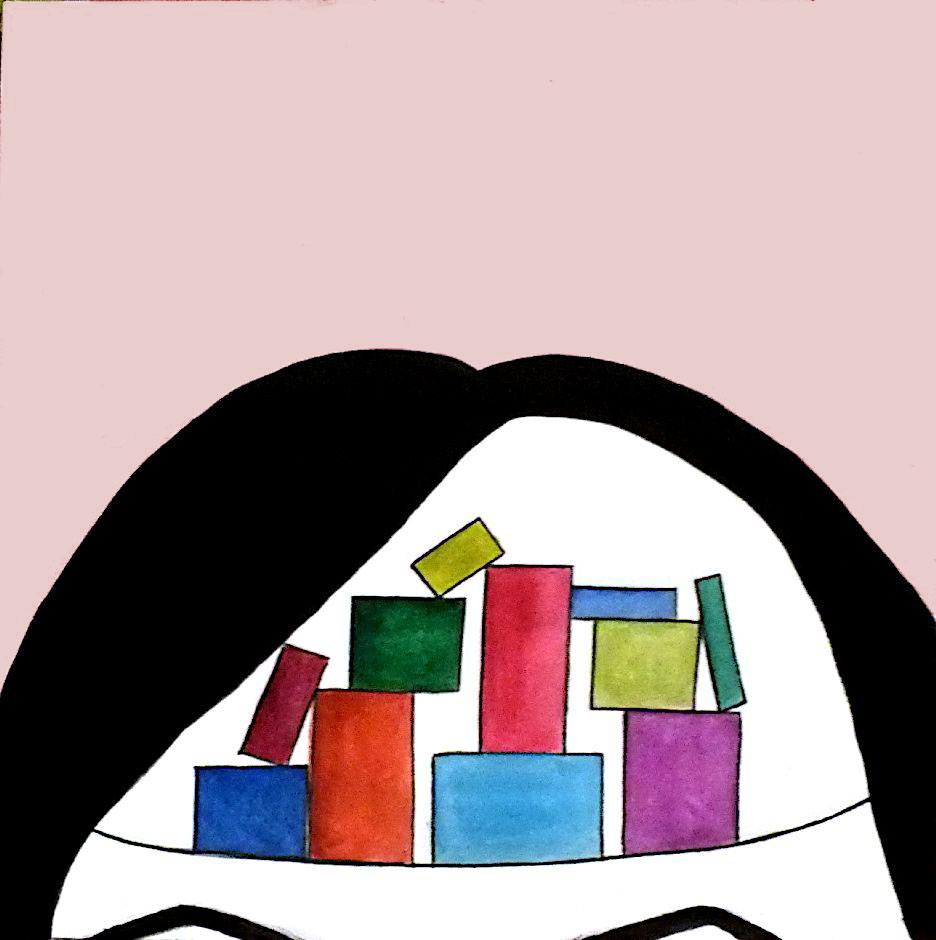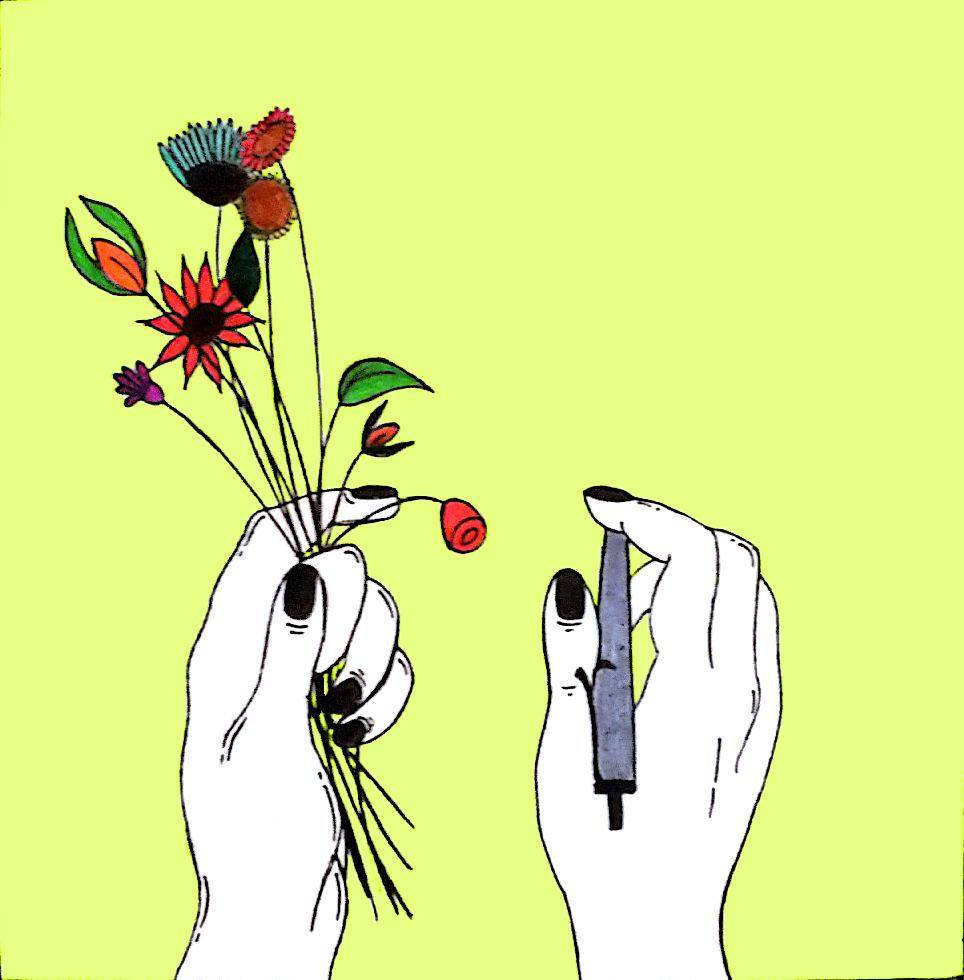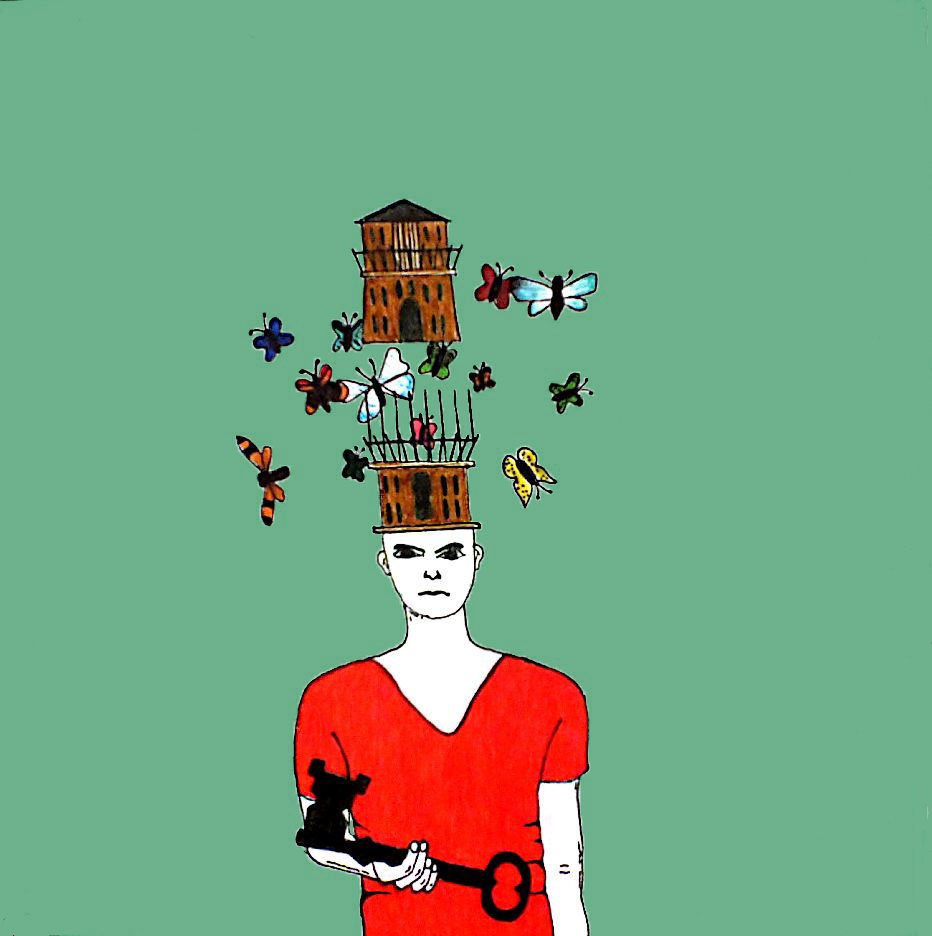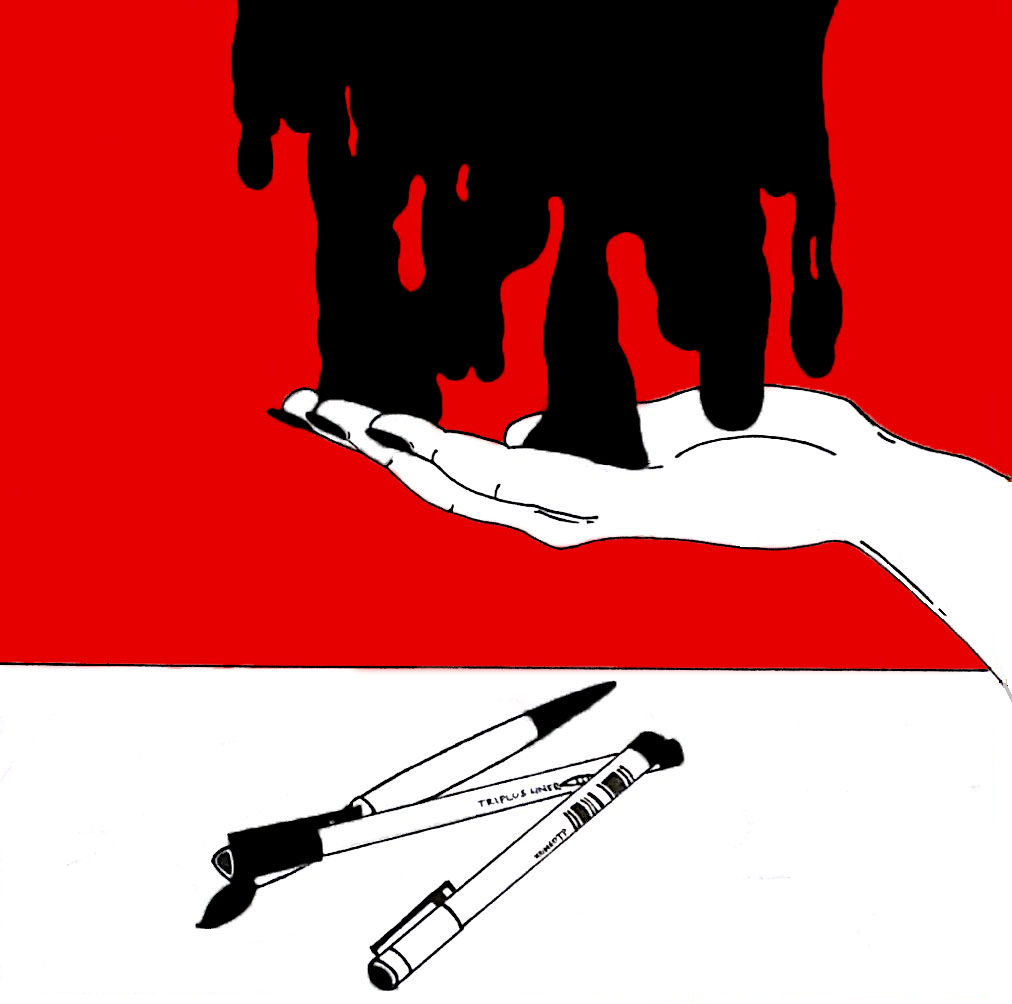There comes a time when every writer finds herself staring at a blank screen (or blank sheet, if you’re the old-fashioned type), fingers hovering over letters but not pressing, ideas floating around but not fully forming—if your eyes just widened in recognition, then you’ve definitely experienced the much-dreaded phenomenon that is writer’s block.
The textbook defines writer’s block as a condition of being unable to think of what to write or how to proceed with writing. It usually leads to excessive caffeine intake, frequent hair-pulling, aggressive hitting of the backspace key and general cursing aimed at the universe. More often than not, writer’s block seems unsurmountable but that is definitely not the case. For times when you find yourself sans-inspiration, here are a few tips to successfully unlock your creativity and get past writer’s block.
-
Prevent, don’t cure
No matter how accomplished a writer you are, it would do you good to accept the existence of writer’s block. If there is one thing for certain, it is that writer’s block will catch up with you. But don’t cower in fear, prepare for it, instead.
Writer’s block is often associated with a lack of new thoughts or plans. To combat this, you can build a personal database of ideas. Keep a pen and paper handy and whenever inspiration strikes, note down your thoughts. You can even put your smartphone to good use and type out your views in a note-making app. When you feel like you’ve run out of creativity, all you need to do is glance through your notes and voila, you have inspiration. After all, it’s much easier to consult a list of half-formed ideas and work from there than to begin with a blank page and no ideas at all.
-
Denial, but not the river
Another trick to beat writer’s block is to do the opposite of what I suggested above—deny its existence altogether. When writer’s block strikes, instead of sitting there paralysed with lack of inspiration, all you need to do is tell yourself that you’re fine and keep writing—something, anything—it doesn’t have to be good. Remember, you can always edit it later. Author Maya Angelou believed that if you just keep writing, even if it is boring and awful, you can bring back inspiration almost by sheer force of will.
-
Take a break
Sometimes, it’s best to get away from a troubling situation and give your mind a break. If you’re facing a creative block, step away from your writing space and rid your brain of all thoughts writing-related. Tell your conscious mind to hand over this particular problem to your subconscious. Go for a walk, watch a movie or go to sleep—it is often easier to solve a problem if you look at it with fresh eyes and the same goes for writer’s block.
-
Let go of expectations
Creative flow often breaks when we put too much pressure on ourselves. ‘This is the article that will change the world,’ you think and then start stressing when you can’t write anything meaningful. It is important to remember that benefitting the world is just a by-product, not the ultimate goal of writing. Fast-approaching deadlines are also a major cause of hampered creativity. Clear your mind of these things and once you rediscover the joy of writing, I’m sure your fingers will fly over your keyboard much smoother than before.
-
Divide and rule
Recall your childhood game of building towers with blocks. Even if your skills weren’t at par with Bob the Builder, I’m sure you understood the basic premise—start with a base and add blocks to it till it’s high enough for your liking. Every write-up—be it interview, article or story—works on the same principle and hence, is much easier to approach when divided into small, manageable parts.
If you find a writing task daunting, just map out a rough structure of what you want the final draft to look like—you can make sub-headings, use a diagram or just list out keywords. Tackle each part separately and by the end of it, all you need to do is connect the pieces and your Lego building—er, I mean, write-up—is ready.
-
Give yourself stimuli
Writing often requires intensive use of imagination, especially when it comes to fiction. A great way to rekindle your creativity is to provide yourself some sensory stimulus. For example, if you’re trying to write a scene which includes rain, google pictures of raindrops and stormy clouds, listen to the sound of rainfall on YouTube or close your eyes and recall the feeling of water droplets hitting your skin.
Alternatively, if you’re writing an article about an artist’s work, let go of your writer persona and look at the art with a spectator’s vision. Focus on what it makes you feel or reminds you of, rather than what your eyes see. Make full use of your senses to write and not only will it get your creative juices flowing, it will ignite a magical kind of passion which only comes from true inspiration.
Writer’s block can turn a blank page (which, coupled with a pen, is every writer’s favourite visual) into a daunting sight for the uninspired. The moment you start thinking of the blank page as a boon rather than a bane, you’re officially cured of writer’s block. I must confess that all the tips you read above are 100% tried and tested because I faced major writer’s block while writing this article (oh, the sweet ironies of life). But hey, if you’re seeing this, that means I got through it and so can you.
















